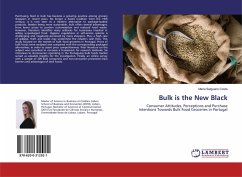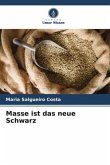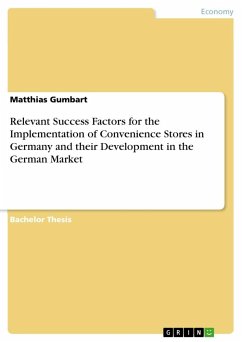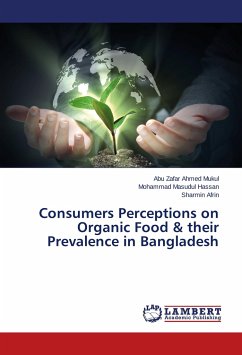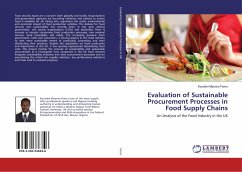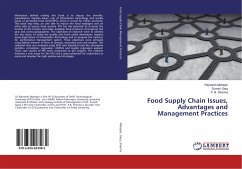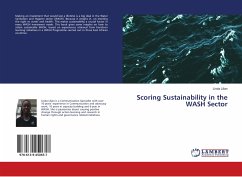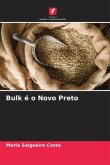Purchasing food in bulk has become a growing practice among grocery shoppers in recent years. No longer a dated tradition from the 19th century, it is now seen as a modern alternative to package-loaded products. Besides being more sustainable, bulk offers several advantages, from lower prices to portion customization and reduced food waste. However, literature identifies many setbacks for businesses invested in selling unpackaged food. Hygiene regulations in self-service systems is challenging and negatively perceived by many shoppers. Plus, a high rate of spillage, theft and losses may undermine the retailer's cash flow. This study focused on the market of bulk food groceries in Portugal. Prices of bulk foods were analysed and compared with the corresponding packaged alternatives, in order to assert price competitiveness. Prior literature on the subject was consulted to conceive a framework for research methods. Six interviews to storeowners operating in the Portuguese bulk foods market served as valuable insights for the investigation. Finally, an online survey with a sample of 309 bulk consumers and non-consumers presented main barriers and advantages of bulk foods.
Bitte wählen Sie Ihr Anliegen aus.
Rechnungen
Retourenschein anfordern
Bestellstatus
Storno

